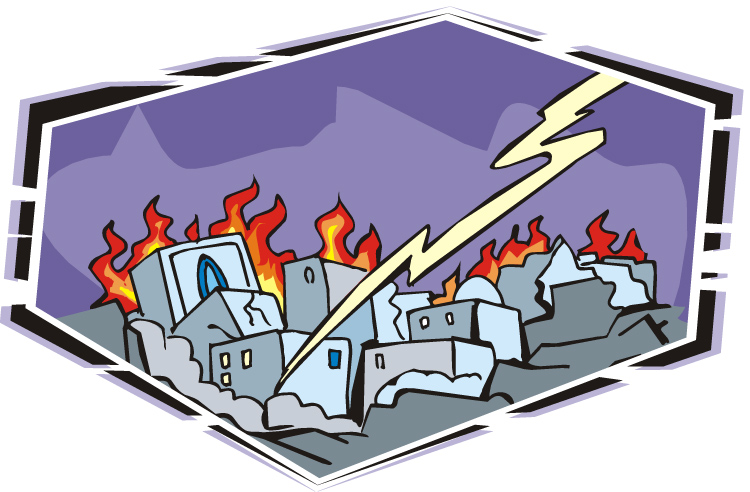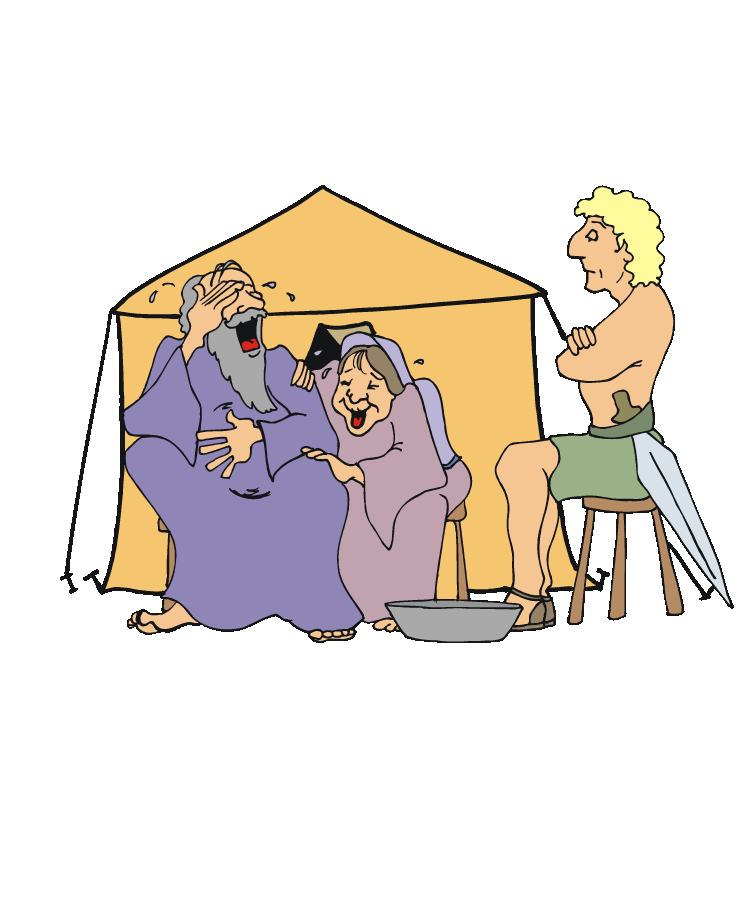In the study below, we will discuss why Moses added the divorce clause to the Torah, and why Yeshua permitted it and what he had to say about it. (For the record, I am not divorced and thus have no dog in the fight. I am simply analyzing what the Bible has to say to say on the subject and attempting to accurately report my findings. — Natan)
Matthew 19:8, Moses permitted. From Yeshua’s statement here, it would seem that Elohim gave Moses certain freedom and latitude to redefine certain Torah principles to accommodate the needs and realities of fallen and sinful man.
In the case of marriage, even though it was Elohim’s highest ideal for a man to leave his parents and cleave to one wife for the rest of his life or until she died (Gen 2:24), the reality is that man too often is incapable of living up to the Creator’s highest ideal because of the hardness or sinfulness of his heart. It is important to note that YHVH gave the marriage command before the fall of man had occurred (Gen 2:24 cp. Gen 3:1–6). In light of the fact of the fall of man when sin entered the world thus negatively affecting the marriage relationship, YHVH allowed Moses to permit divorce under certain circumstances (see Deut 24:1–4).
Had Moses not made allowances for the sinfulness and hardness of the human heart and forbad all divorce in Israel in an effort to strictly adhere to YHVH’s highest letter-of-the-law ideal for marriage, then the societal results might have been unimaginably chaotic. For example, people would Continue reading







